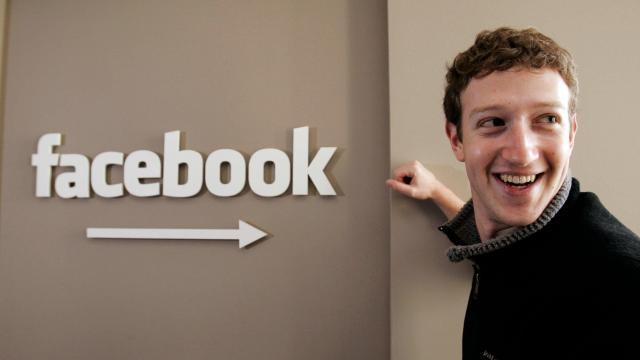Facebook quietly announced it will remove several categories of information from user profiles, including religious views, political views, addresses and the “Interested in” field, which indicates sexual preference. The change goes into effect on December 1.
The small but telling change, spotted by social media consultant Matt Navarra, indicates Facebook wants you to think differently about its platform these days. In the early days of Facebook, people would spend blissful hours filling out their profiles. It was a different time. The information on your page played a much bigger role on Facebook than profiles on newer social media platforms, where a bio rarely amounts to more than a few sentences and an occasional link. A decade of privacy problems has made it less fun and carefree to volunteer your personal information. Some people even enter fake details, thinking they can fool the algorithms.
Facebook is removing religious views and ‘interested in’ info from profiles from 1 December 2022 pic.twitter.com/SKjSrtwUwm
— Matt Navarra (@MattNavarra) November 16, 2022
“As part of our efforts to make Facebook easier to navigate and use, we’re removing a handful of profile fields: Interested In, Religious Views, Political Views, and Address,” said Emil Vazquez, a Meta spokesperson. “We’re sending notifications to people who have these fields filled out, letting them know these fields will be removed. This change doesn’t affect anyone’s ability to share this information about themselves elsewhere on Facebook.”
The shift reflects Meta’s broader public relations efforts. As a whole, the tech industry wants the public to differentiate between “sensitive” data and what you might call “regular” data. Meta will tell you that Instagram and Facebook don’t use sensitive data for advertising, for example, though that change only came after researchers uncovered serious problems.
Facebook had to remove what it called sensitive ad targeting categories such as race, region, and sexual orientation after violating the Housing Rights Act by allowing advertisers to use its systems to use those demographics to tailor housing ads, effectively discriminating against certain viewers. Advertisers responded by zeroing in on proxies, like targeting ads based on interest in Jewish holidays rather than the literal fact that someone is Jewish. Facebook since removed thousands of other categories that are used for similar purposes.
But there’s plenty of data you can still use, such as location information or web browsing history, which can reveal the sensitive details that are supposed to be off limits. A recent study also revealed that Facebook analyses the demographics of people pictured in advertisements, and uses that data to target the ads at people users of different races, ages, and genders. White people, for example, are less likely to see ads featuring black people.
Controversy aside, Facebook is also working to streamline a platform that’s filled with barely used features and cluttered, confusing interfaces. Facebook earned a poor reputation, not just for causing societal problems but because it’s just not cool anymore. Users have been leaving the platform in droves, and even Instagram, Facebook’s younger and slightly hipper sibling, has seen its cache decline.
The company is in dire financial straits as a result. It laid off 11,000 employees just last week. CEO Mark Zuckerberg shifted the entire future of the company, moving away from social media and towards a moonshot goal of building a mixture of virtual and augmented reality he calls “the metaverse.” But in the meantime, Facebook and Instagram are still Meta’s only source of income. Whatsapp, despite being the world’s most popular messaging service, has yet to contribute substantial revenue to Facebook’s bottom line. Executives at the company are floundering as they work to reverse the downward spiral, trying to update the platforms and keep on top of trends in the post-TikTok social media era.
Dialling back the ways you can update your profile is, in a way, admitting defeat. The world moved on, and Facebook once again needs to move fast if it wants to stay relevant.
